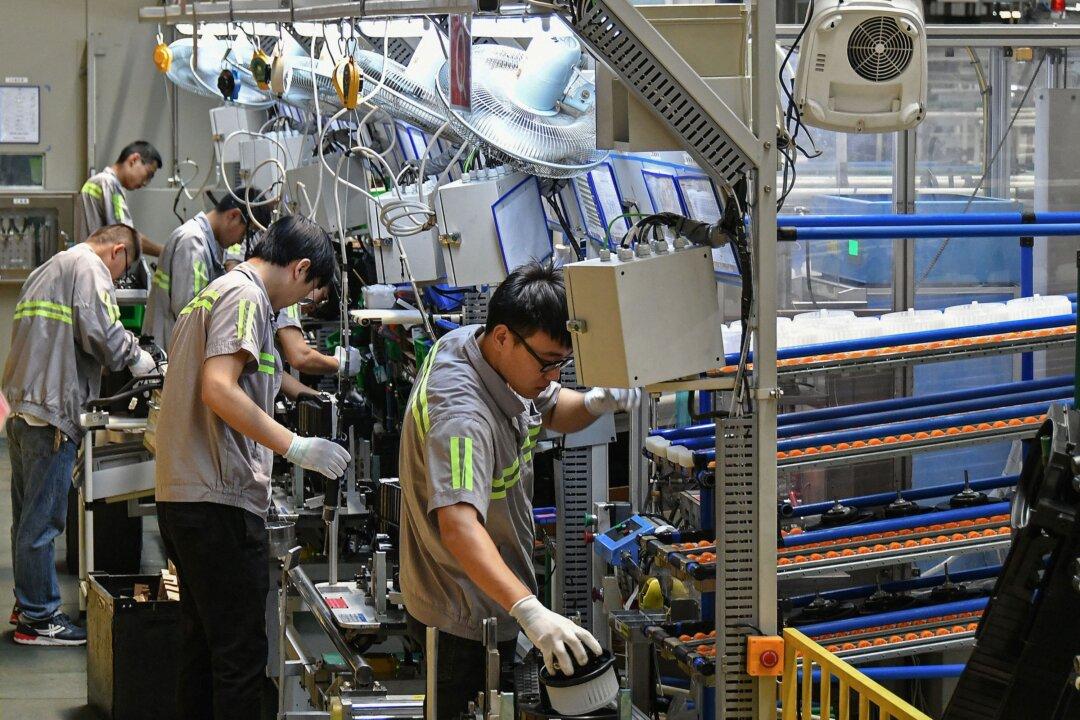WASHINGTON—Global automakers are among the first to feel the impact of the coronavirus crisis, as the outbreak stalls production at Chinese plants, rattling the industry’s global supply chain.
The novel coronavirus disease (COVID-19) originated in Wuhan, a city in central Hubei Province, which is China’s fourth-largest car manufacturing hub, accounting for 9 to 10 percent of total vehicle production.





